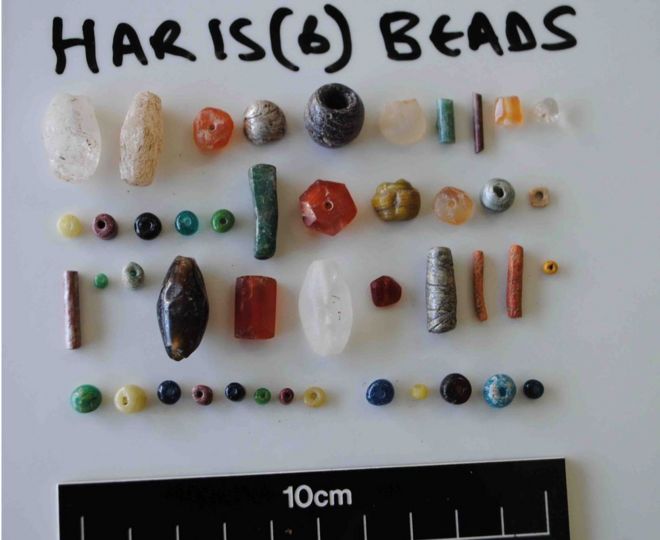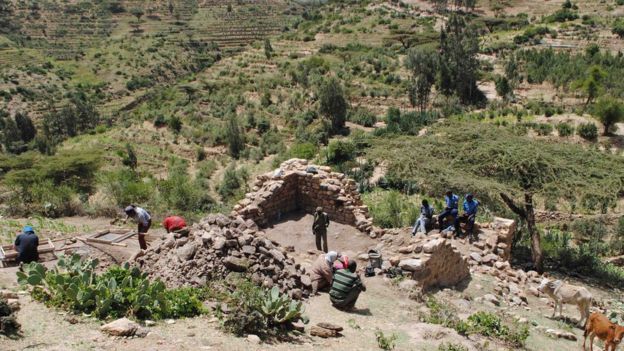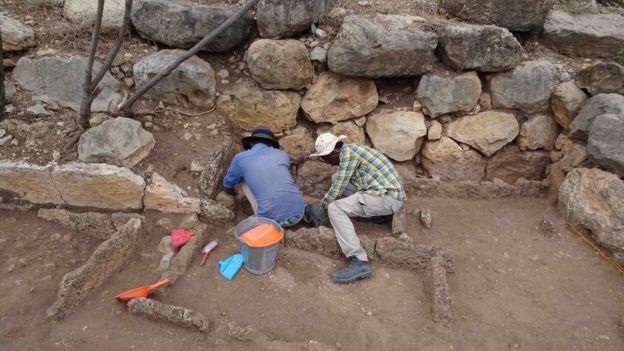The Folly of Internet Shutdown in Ethiopia
By Seble Teweldebirhan

June 15, 2017 (Ezega.com) - After almost ten days of internet blackout, Communications Affair’s Minister Negere Lencho, told reporters that the shutdown of service was to protect the moral of high school students who were taking national exams. ‘We just did not want them to be disturbed by all the negativity and false information online. We wanted them to focus,’ he told reporters. Negeri did not agree with the assertion that the government shutdown of the internet was because of the fear that the national exams will be stolen and distributed online, as it happened last year. Instead, he argued that this is something the government will never have to worry about again.
However, he refrained from answering many critical questions, including who takes responsibility for the financial losses suffered by many organizations and, more importantly, the huge hit the country is taking on its image as a result of such crude remedies. Because, if there was one action the government could have taken to roll back and negate the carefully crafted message of renaissance and revival, this will be it.
The minister also did not address whether there was any better mechanism put in place to protect documents and exams from leaking again. There was also no apology for the tremendous inconvenience and delay caused by the outage to many local and international organizations. In fact, the minister said that the government can basically make any decision deemed necessary to protect the nation, and blocking the internet isn’t really a big deal compared to other measures.
According to The Atlantics website, the numbers of nations who intentionally interfere with the digital world and shutdown of the internet for variety of reasons are increasing. Countries like Bahrain, Iraq, India, Saudi Arabia, Cuba, Gabon, and of course Ethiopia, are well-known for surveillance and censorship, as well as total blackout of the internet for reasons other than cyber-attacks or service issues. The paper by Philip N. Howed on Issues in Technology Innovation indicates that 52% of interference on the internet is caused by authoritarian regimes. While one can make a strong case on the direct relationships of violation of human rights and blocking of the internet (or any means of communication, for that matter), many reports are now making a convincing case that economies take a major hit from just a few days of internet blackout, let alone weeks of shutdown. Darrell West, the director of the think tank group Center for Technology Innovation, examined the economic effects of 81 internet shutdowns that took place in a span of a year, between summer of 2015 and 2016. Based on the reduction of economic activity recorded during the shutdowns, he estimated that they cost a minimum of $2.4 billion in GDP globally.
Following last year’s unrest and demonstrations in many areas of the nation, Ethiopia is under a state of emergency for the last eight months, which suspended many of the fundamental rights of its citizens. The government is now officially at liberty (not that there were practical limitations before that) to take whatever measures deemed necessary under the emergency law for the purposes of ‘peace and security’. Unfortunately, as is usually the case, such measures hit the flow of information very hard, since any form of communication can be potentially considered by the government as a source of trouble. While the private press is already beaten by past measures and is close to extinction, it is the online communications and social media that are the new targets whenever a problem breaks out in the country.
It is important to note that social media has a big problem of its own. The internet and social media came with tremendous benefits to many people and countries around the world but also with some serious flaws. In fact, there is no nation in the world that is not dealing with the negative aspects of social media and the internet, including racism, sexism, messages of hate, propaganda of all sorts, fake news that inflame conflicts and disagreements, to name a few. Studies show that a significant percentage of content on social media is negative by its very nature. In fact, just going through twitter or comment section of any news section could make one realize that hate is a predominant theme of social media content. People take advantage of hiding behind the computer screen, creating fake accounts to hide their true identity, and then writing destructive opinions. Some have clear agenda, be it is political, social or personal. Others are just mean and ill-informed people.
This endless negativity has its effects on real life, and it can alter the political and social landscape for many countries. Though there is little or no research on social media impact in Ethiopia, there are many examples that shows its damaging aspects. Just last year, the fact that the national exams were stolen and distributed online, many celebrated this as some sort of political win, forgetting that this was done at the expense of the integrity of our educational system (which is already under stress by many other factors). Further, during last year’s political unrest in the country, while social media played a positive role in simply allowing people to communicate and unify for things they have in common, there was a tremendous and shocking amount of hate, insult and disrespect directed to specific groups. Sadly, social media seems to make anyone with a few followers on Facebook or Twitter an expert on some of the most critical aspects of society. A misinformed opinion expressed by one becomes a fact worth defending by others. What makes this trend terrifying is that internet penetration in Ethiopia is very small, less than 10%, and that little amount has a significant impact on what goes on offline already. There are many reasons why Ethiopia could be affected most, even damaged, as the number of social media users grow in the country. In a nation where there isn’t a strong and credible traditional media, and where the academia and civil society are weak (basically incapable of disseminating good information on history, economy, politics, or any other thing for that matter), it becomes far easier to sway people one way or another through social media tools.
Notwithstanding such limitations of the internet, if the government were to take the high road, there are several measures that can be taken to counter online misinformation, other than censorship, surveillances or blocking the internet all together, that is. Building strong, reliable and independent media and civil societies is one. Such entities can verify facts and give people constant and balanced information on a variety of issues. The cure is the widespread availability of good information, to fill the void left for fabrications. A transparent government can also save the nation from resorting to alternate news and conspiracy theories. If our officials were only willing to communicate with the people more candidly and defend their positions fairly (rather than constantly insulting the intelligence of their people), then there is a chance that they can control the narrative better.
Disturbed by the amount of online racism, bullying and hate and misinformation, UNESCO recently proposed citizen education program as one solution going forward. The fact that social media is new and that people are figuring it out as they go makes it basically a game without rules. The suggestion is that there should be some level of morality and ethics taught to people on social media use (UNESCO suggests this should be part of a curriculum and media content). In addition, it is also very critical to try to enforce such rules through different encouragement mechanisms and some legal framework for serious offences. Hate speeches, hacking and sharing classified information, and defamation of any sort are criminal offences, regardless of the medium.
In Ethiopia’s case, a significant amount of social media users who are behind some of the most dangerous and irresponsible information can be traced to some pockets of the diaspora communities. For some of these people, it is easy to lose sight of the real effects of their actions on the ground. Their children are not affected by stolen exams, they do not have businesses in Ethiopia taking huge losses by digital blockage, and they do not have to face the federal police chasing them on the streets. Anything and everything seems to be just pure political game for them. To the average citizen here at home, however, the end result is only disturbance and losses as a result of provocations thrown by some from far away and the very primitive and unpolished responses taken by their government.
Read more here



 June 15, 2017 (Ezega.com) - After almost ten days of internet blackout, Communications Affair’s Minister Negere Lencho, told reporters that the shutdown of service was to protect the moral of high school students who were taking national exams. ‘We just did not want them to be disturbed by all the negativity and false information online. We wanted them to focus,’ he told reporters. Negeri did not agree with the assertion that the government shutdown of the internet was because of the fear that the national exams will be stolen and distributed online, as it happened last year. Instead, he argued that this is something the government will never have to worry about again.
June 15, 2017 (Ezega.com) - After almost ten days of internet blackout, Communications Affair’s Minister Negere Lencho, told reporters that the shutdown of service was to protect the moral of high school students who were taking national exams. ‘We just did not want them to be disturbed by all the negativity and false information online. We wanted them to focus,’ he told reporters. Negeri did not agree with the assertion that the government shutdown of the internet was because of the fear that the national exams will be stolen and distributed online, as it happened last year. Instead, he argued that this is something the government will never have to worry about again.